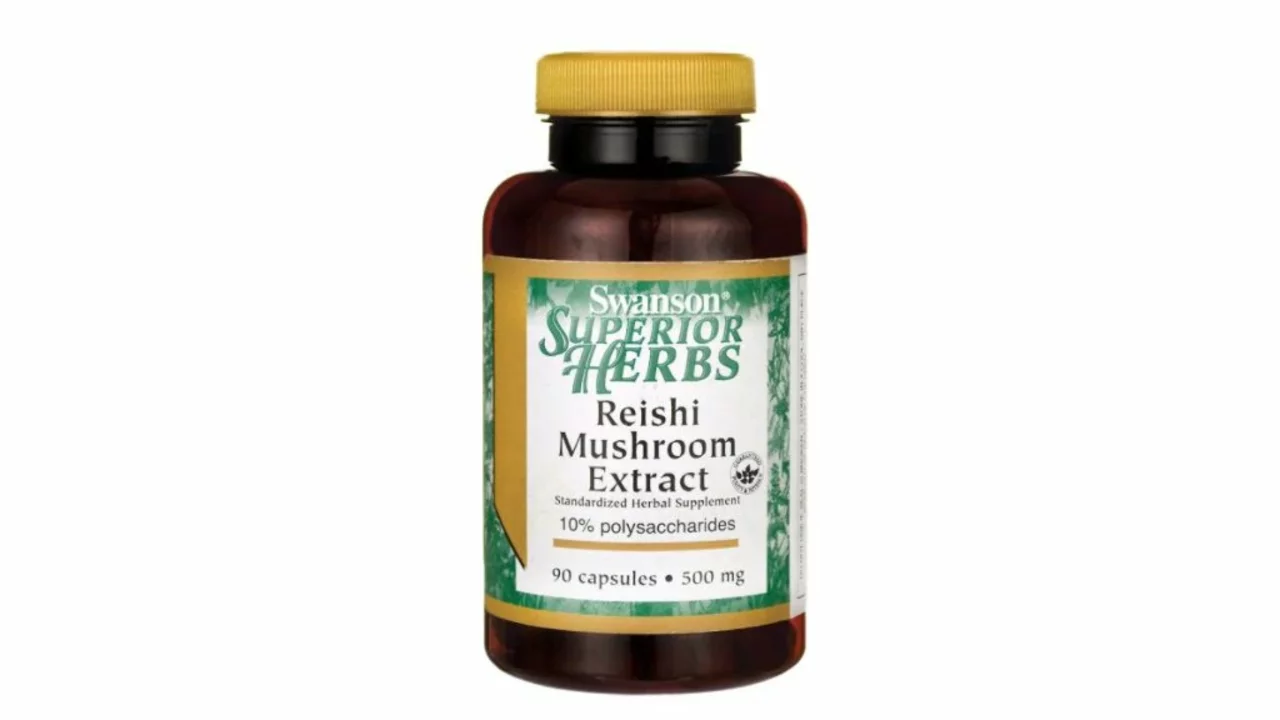Natural dietary supplement: smart, safe choices you can use today
Thinking about a natural dietary supplement but not sure where to start? You’re not alone. Supplements promise a lot, but the right choice comes down to three things: clear benefits, safe dosing, and trustworthy quality. Below I’ll walk you through quick, practical steps so you can decide with confidence.
Pick a supplement for a clear reason
Ask yourself: What problem am I trying to solve? For hormone support, people often look at indole-3-carbinol (I3C). For blood sugar or antioxidant boost, prickly pear cactus is popular. If you want respiratory or immune support, Oregon fir balsam supplements are an option. Match the supplement to a specific goal and read one focused article about it before buying—our site has guides on I3C, prickly pear cactus, and Oregon fir balsam that explain what the research says.
Don’t buy a supplement because it’s trendy. If a product claims to cure everything, that’s a red flag. Look for clear, limited claims that match research-backed benefits.
How to check safety and quality
Look at the label first: active ingredient, exact dose, serving size, and other ingredients. Avoid products that hide amounts behind a "proprietary blend." That makes it impossible to know how much of the active ingredient you’re getting.
Choose brands with third-party testing—US Pharmacopeia (USP), NSF, or ConsumerLab are good signs. Check for GMP (Good Manufacturing Practice) on the label. Read recent customer reviews and watch for consistent complaints about side effects or fake packaging.
Start with low doses. For something like I3C, many supplements provide 200–400 mg per serving, but research varies and ideal dose depends on the reason you’re taking it. Don’t assume “more is better.” If you take prescription meds, check interactions. For example, grapefruit-related supplements and certain herbs can change how drugs are processed. Ask your pharmacist or doctor if you’re on blood thinners, antidepressants, diabetes meds, or hormone therapies.
Introduce one supplement at a time and keep a short diary: dose, time of day, and any side effects. If you feel unexpected symptoms—digestive upset, rash, dizziness—stop and contact a healthcare provider.
Where to buy: prefer established retailers, reputable online pharmacies, or local stores that verify suppliers. Avoid sellers with no contact info or overly cheap prices that sound too good to be true.
Want more detail? Read our hands-on pieces about optimal I3C dosing and the health effects of prickly pear cactus. Those articles give specific research summaries and practical tips for real-world use. If you’re unsure, ask a healthcare pro before starting—especially when you take other medications.
Small, sensible steps beat big, risky promises. Pick one goal, check quality, start low, and track how you feel.
Let me tell you, folks, I've unearthed a real gem! Banaba, this tropical leafy wonder, is making waves in the health and wellness scene. It's like nature's own dietary supplement, packing a punch with its health benefits. It's been shaking things up, revolutionizing our approach to health like a total game-changer! So, hold on to your smoothies, because the Banaba train is rolling into the station, and it's full steam ahead!
